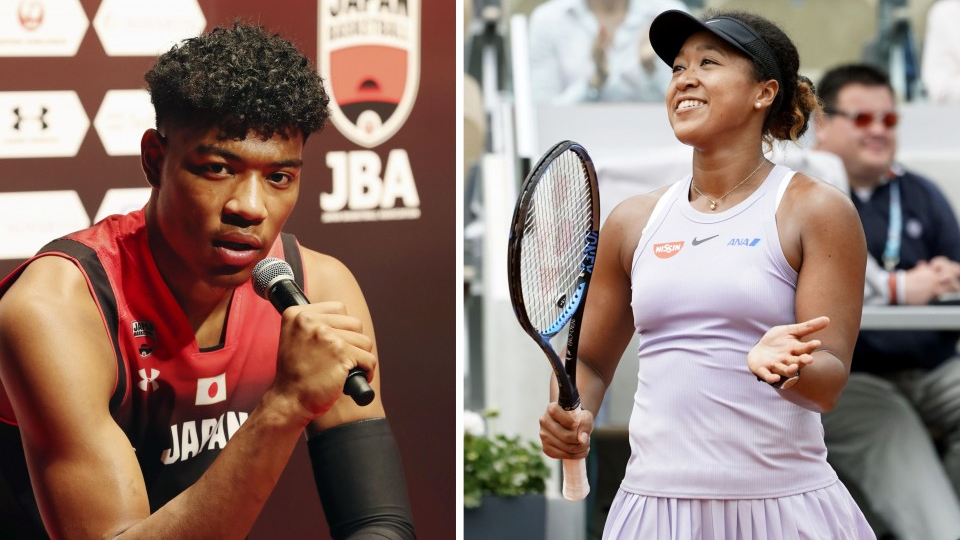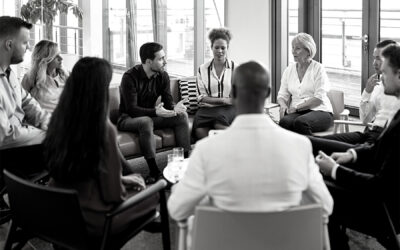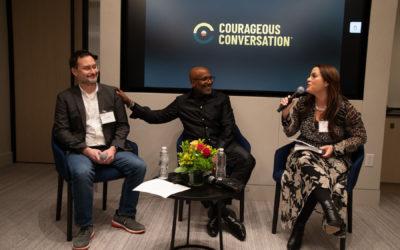By Joshua Miller—Aug. 7 2019
Amid a shifting cultural landscape, a handful of talented multiracial athletes are among some of Japan’s best chances to reach the podium at next summer’s Tokyo Olympics and consequently draw attention to an often ignored yet growing segment of the country’s population.
At the top of that list is tennis superstar Naomi Osaka, who catapulted to the top of the WTA rankings following her breakout 2018 season and is now — to the host nation’s delight — a prime candidate for gold at the 2020 Summer Games kicking off in less than a year in Japan’s capital.
Osaka, who shares the name of her city of birth, was born to a Japanese mother and Haitian father before moving at an early age to the United States, where she still resides. The 21-year-old, who rarely speaks Japanese to reporters, has recently been the most prominent face put to the question of what it means to be “Japanese.”
But according to Lawrence Yoshitaka Shimoji, a lecturer of sociology with American roots at Kokushikan University in Tokyo’s Setagaya ward, Osaka is just one of a new generation of multiracial Japanese in their late teens to early 30s born after Japan relaxed its immigration policy in the 1990s.
“There are people of mixed roots not just in sports but in every field (in Japan). It’s just that the sports world is more visible,” Shimoji said.
Shimoji says the prevalent view of the “Japanese character” was formed in Japan during the 1970s and 1980s based on a variety of factors such as nationality, appearance, and whether or not one could speak Japanese.
“Naomi Osaka is complex in that respect,” Shimoji said, because “her outward appearance ‘isn’t Japanese,’ she doesn’t speak much Japanese and grew up mainly in the United States.”
But while opting to represent Japan over Haiti or the United States, Osaka — who at times exudes a typical Japanese demeanor — often dodges questions regarding her race and upbringing, saying she rarely gives it thought.
Likewise, Shimoji believes the goal of Japan’s multiracial athletes like Osaka and recent NBA draftee Rui Hachimura is not to change how society sees them, but to simply “post a good record in their sport, so they shouldn’t be asked to change the views of Japanese people.”
For Osaka at least, that seems to be the case. She summed up her feelings on the issue in a recent Nike ad where the young star shushes inane questions from English-speaking and Japanese reporters in order to focus on her game.
Osaka’s meteoric rise from 72nd in the women’s rankings in Jan. 2018 to world No. 1 a year later, however, has cast an inevitable spotlight on what it means to be an athlete of mixed heritage who competes under the Japanese flag.
“The arrival of Osaka and others has triggered the question of ‘What is Japanese?'” Shimoji said. “It’s no longer strange to see people with roots from abroad. It’s common to see people from countries like Vietnam or Myanmar working in Japan. Osaka evokes debates like ‘She’s not Japanese’ and ‘No, I disagree.'”
Read more at Kyodo News.




